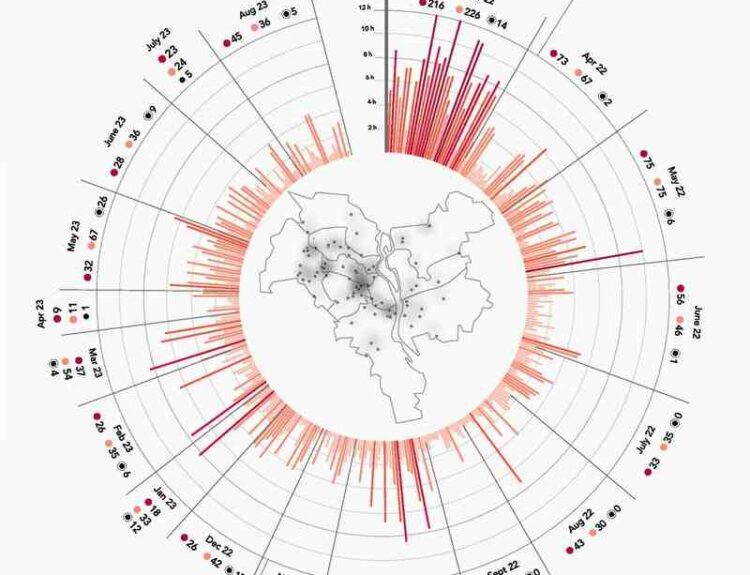Concerns over famine grow in enclave as sea route is set to begin
- U.S.-built pier in Gaza nears opening
- Concerns over famine grow in enclave
- Pier will enable 90-150 trucks of aid per day
- Distribution of aid is a challenge
- U.S. Defense Department coordinating logistics
- UN officials concerned about duplication of work
- Risks associated with the pier
- Limited capacity compared to land crossings
- Maritime corridor could become a chokepoint
The U.S. is preparing to open a $320 million floating pier in Gaza to deliver humanitarian aid, but the distribution of aid once it reaches the shore is posing challenges. The U.S. Defense Department is coordinating logistics with the Israeli military and USAID, but details on storage, security, and distribution are still being worked out. UN officials have raised concerns about duplication of work and violation of neutrality in war. The pier also faces risks such as threats from Hamas and environmental challenges. Additionally, the pier has a limited capacity compared to land crossings, raising concerns about its effectiveness. There are worries that the maritime corridor could become a chokepoint instead of a forward-looking access point for Gaza’s future.
Factuality Level: 3
Factuality Justification: The article contains some relevant information about the U.S. building a floating pier to deliver aid to Gaza, but it also includes unnecessary details, tangential information, and some sensationalism. There are concerns raised about the distribution of aid, potential risks, and environmental challenges, but the article lacks concrete information on how these issues will be addressed. Additionally, there is some bias in the article, especially in the way certain groups are portrayed.
Noise Level: 3
Noise Justification: The article provides detailed information about the U.S.-built floating pier to deliver aid to Gaza, including the challenges and concerns surrounding its operation. It includes information on the logistics, potential risks, environmental challenges, and the lack of concrete plans for aid distribution. However, the article lacks depth in analyzing the broader implications of the U.S. involvement and the potential consequences of the pier’s operation on the ground in Gaza.
Financial Relevance: No
Financial Markets Impacted: No
Presence Of Extreme Event: No
Nature Of Extreme Event: No
Impact Rating Of The Extreme Event: No
Rating Justification: The article does not pertain to financial topics and does not describe any extreme events.
Key People: Shejal Pulivarti (Deputy Spokesperson for the U.S. Agency for International Development), Pat Ryder (Air Force Maj. Gen., Pentagon Spokesman), Martin Penner (Spokesman for the World Food Program), José Andrés (Founder of World Central Kitchen), Bushra Khalidi (Policy Lead at Oxfam), Nancy A. Youssef (Not specified), Jared Malsin (Not specified)
 www.wsj.com
www.wsj.com 





